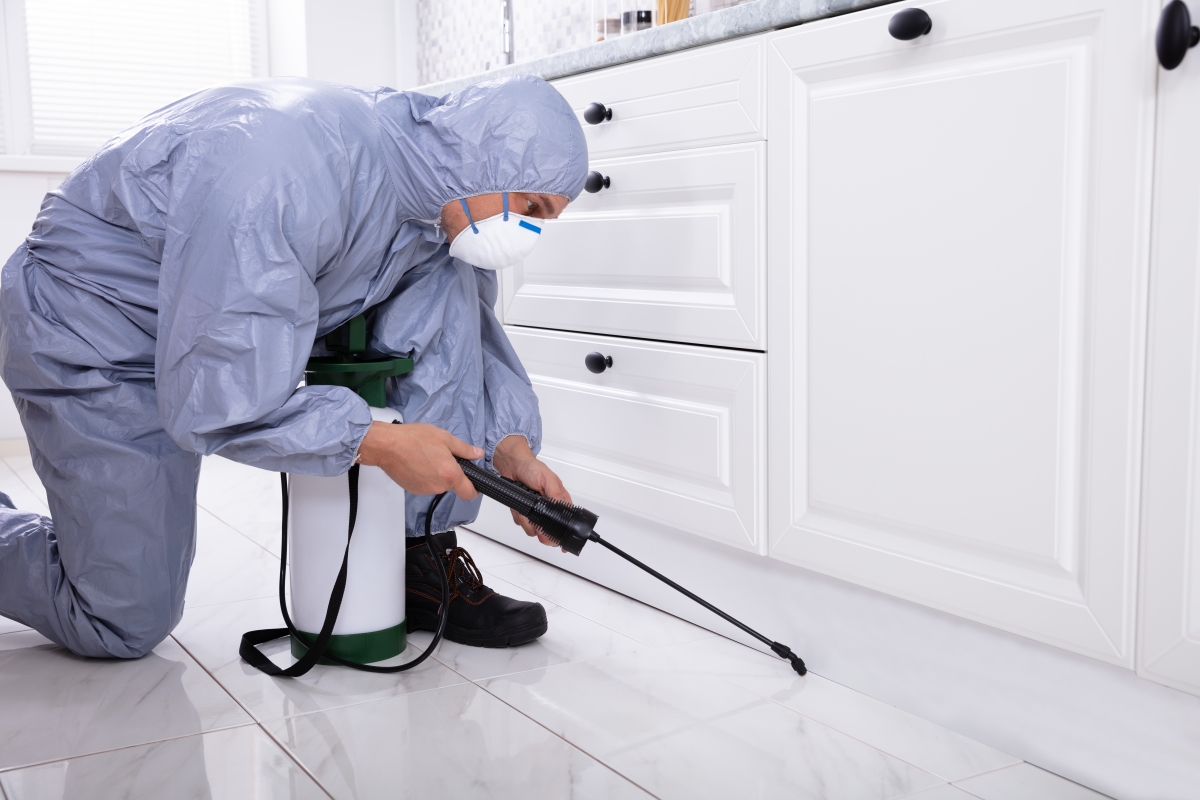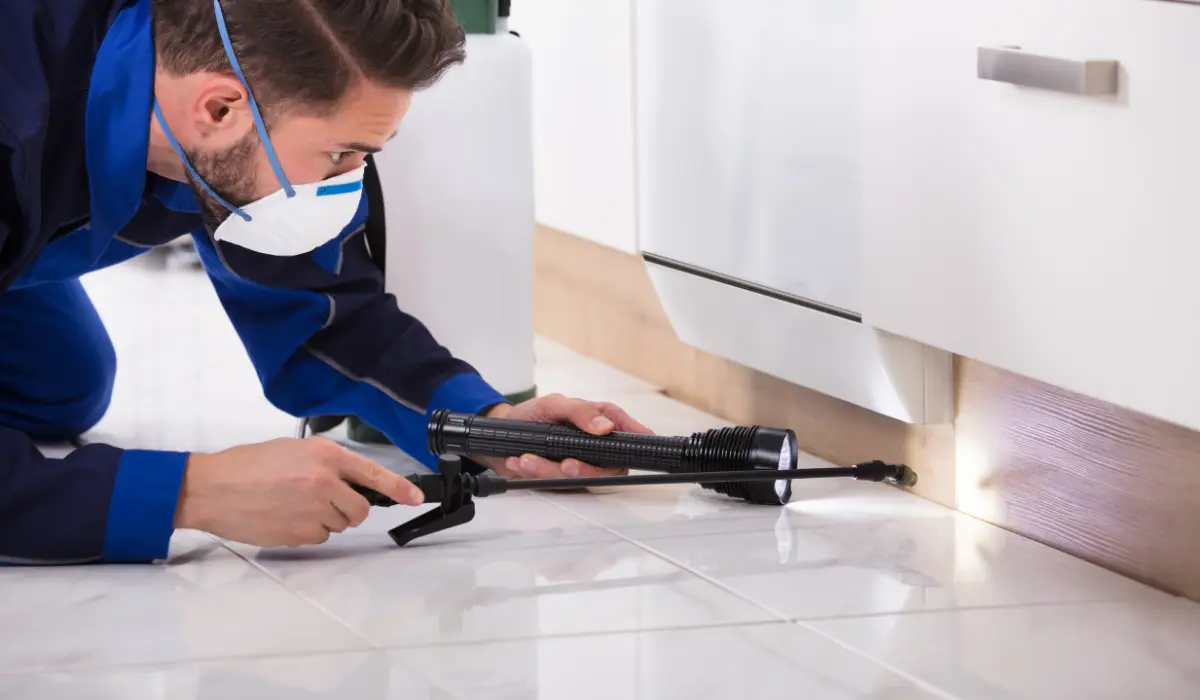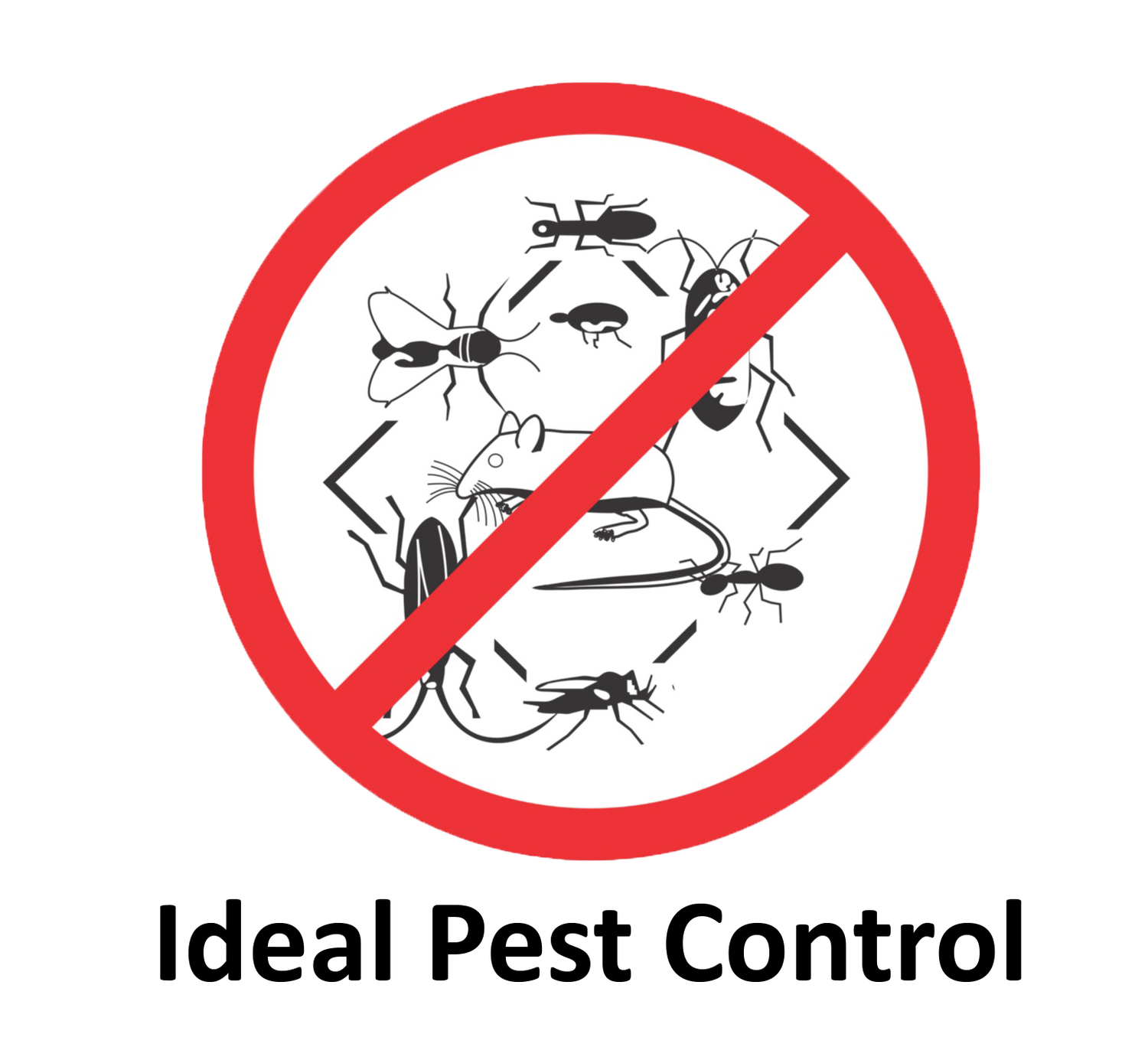Safe and Dependable Bug Control for Lasting Protection
Efficient insect management needs a multifaceted approach that balances ecological stability with the demand for reliable insect suppression. The subtleties of these techniques might not be quickly clear, triggering a more detailed assessment of the practices that can lead to lasting pest control outcomes.
Understanding Insect Control Techniques
Parasite control encompasses a range of techniques focused on managing and getting rid of undesirable bugs and rats that can intimidate both health and residential or commercial property. Recognizing these methods is vital for efficient insect monitoring.
The primary groups of parasite control techniques consist of mechanical, biological, and chemical approaches. Mechanical techniques entail physical barriers and catches to stop parasite entrance and capture unwanted types. For example, utilizing screens on windows or employing sticky catches can considerably reduce pest populations without introducing hazardous substances.

Chemical bug control is often one of the most acknowledged approach, utilizing pesticides to get rid of pests. These chemicals can be efficient however need to be made use of with care to stay clear of negative effects on non-target types and the setting.
Advantages of Eco-Friendly Solutions
Exactly how can eco-friendly services change bug control methods? The fostering of environmentally friendly bug control methods provides various advantages, substantially enhancing the performance and safety of bug monitoring.

Another advantage is the favorable effect on local biodiversity. Eco-friendly solutions are made to target details parasites while maintaining useful bugs and wildlife, advertising a balanced ecosystem. This technique straightens with the expanding consumer need for lasting methods, boosting the reputation of parasite control suppliers.
Integrated Pest Management Techniques
The implementation of environment-friendly services naturally leads to the adoption of Integrated Parasite Management (IPM) methods, which better enhance insect control effectiveness. IPM is a holistic method that incorporates multiple methods to manage parasite populaces while reducing environmental effect. This method highlights using biological, social, mechanical, and chemical controls, making certain a sustainable and well balanced approach of pest administration.
One basic facet of IPM is the comprehensive assessment of bug activity and ecological conditions. By keeping track of bug populaces and recognizing their life cycles, professionals can carry out targeted treatments that interfere with the parasite's environment or lifecycle, minimizing reliance on chemical pesticides. Additionally, cultural techniques such as plant rotation and environment control can considerably lessen pest facility and recreation.
One more critical element is making use of biological control representatives, such as beneficial bugs or microorganisms, which can normally subdue insect populations. When chemical applications are required, IPM focuses on using low-risk pesticides and applies them uniquely, reducing direct exposure to non-target organisms and people.
Integrating IPM methods not only boosts pest control efficiency however likewise advertises a more secure ecological community, lining up with the growing demand for sustainable practices in parasite administration.
Safe Practices for Home Owners
Recognizing the significance of risk-free methods in pest control can encourage homeowners to properly handle pest issues while safeguarding their health good pest control and the environment. Implementing precautionary procedures and safe approaches is critical in lessening direct exposure to damaging chemicals.
Homeowners should first examine their atmosphere for conditions that attract parasites, such as standing food, water, and mess waste. On a regular basis cleaning and sealing entry points can hinder pests from getting into the home. Using natural deterrents, such as essential oils or diatomaceous planet, can give reliable choices to chemical pesticides.
When chemical treatments are needed, homeowners must select products that are particularly identified as safe for household use. It is important to adhere to application guidelines meticulously to prevent overexposure. Moreover, using targeted treatments in locations where pests are recognized, as opposed to covering splashing, can significantly reduce chemical use.
Finally, maintaining open interaction with insect control professionals is vital. Home owners should ask about the safety of products used and request green choices whenever feasible. By taking on these safe methods, house owners can create a much healthier living setting while efficiently handling pest problems.

Tips for Long-Term Security
Establishing a bug monitoring method that emphasizes long-lasting protection can significantly enhance the performance of the secure practices previously talked about. To attain this, house owners must carry out routine evaluations of their home, concentrating on hidden areas such as attic rooms, basements, and crawl areas. Early detection of parasite task is essential in stopping infestations from holding.
In addition, preserving a clean setting is crucial. This includes correct food storage, quickly cleaning up spills, and consistently disposing of rubbish. These insect removal companies methods decrease attractants that draw insects right into the home. In addition, sealing entrance points, such as splits around doors and home windows, can efficiently block prospective pest access.
Landscape design ought to also be thought about; keeping plants trimmed and maintaining a range in between vegetation and the home minimizes concealing areas for pests. Using all-natural deterrents, such as vital oils or diatomaceous earth, can even more prevent infestations without turning to rough chemicals.
Last but not least, collaborating with an expert insect control service for routine examinations can offer an added layer of protection. These specialists can supply tailored referrals and advanced therapies, making certain that your home remains shielded versus insects in the lengthy term.
Verdict
In verdict, secure and trusted pest control calls for a multifaceted approach that stresses green methods and incorporated parasite management. By executing natural deterrents, performing normal evaluations, and preserving correct cleanliness, homeowner can dramatically minimize parasite populaces while securing advantageous insects and the atmosphere. Collaboration with expert insect control solutions enhances the efficiency of these approaches, making certain tailored options that give long-term defense and satisfaction versus future problems.
Reliable parasite management requires a multifaceted method that balances environmental stability with the requirement for effective insect suppression. The fostering of eco-friendly pest control methods provides various advantages, dramatically boosting the effectiveness and safety of bug monitoring.The execution of green solutions naturally leads to the adoption of Integrated Bug Monitoring (IPM) techniques, which better enhance insect control effectiveness. exterminator coquitlam. By keeping track of insect populations and identifying their life cycles, specialists can execute targeted treatments that interfere with the parasite's environment or lifecycle, minimizing dependence on chemical pesticides.In verdict, risk-free and reliable parasite control requires a complex click for source approach that stresses green approaches and incorporated parasite monitoring